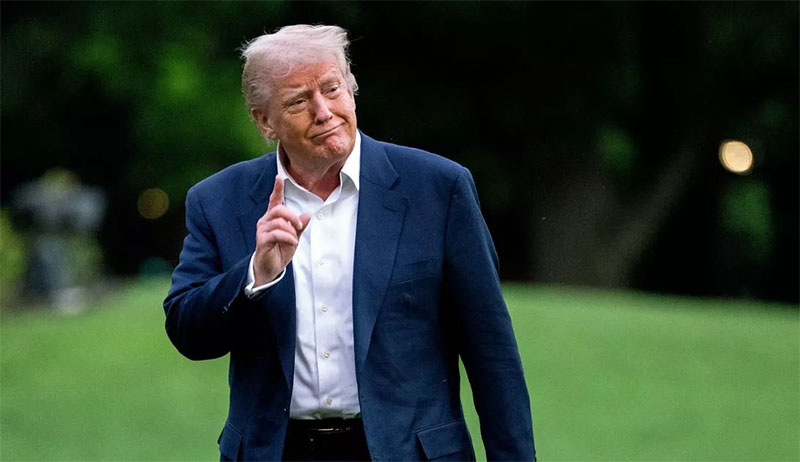
The trade truce, brokered in Geneva on May 12, had been hailed as a victory for both sides. The agreement led to a 90-day suspension of tariffs that had been increasingly burdening both nations. Under the arrangement, the U.S. agreed to reduce tariffs on Chinese goods from an eye-popping 145% to about 30%, while China reciprocated by lowering levies on U.S. imports to 10%. This temporary easing was intended to give both sides breathing room to negotiate a more permanent solution.
However, according to Trump, China has not adhered to its end of the bargain. "So much for being Mr. NICE GUY!" he wrote, expressing frustration over what he sees as Beijing's failure to fully comply with the terms. The primary issue appears to be China's reluctance to resume the export of rare earths, materials critical for high-tech industries like electric vehicle batteries and computer chips. Reports indicate that Beijing has been slow to ramp up these exports, despite agreeing to do so under the trade deal.
Equities analyst Adam Crisafulli of Vital Knowledge speculates that this delay in rare earth exports could be the core of Trump's complaint. "The trade talks have been marked by frustration over Beijing's slow roll in meeting commitments," Crisafulli noted, reflecting broader concerns within the U.S. business community.
Trump's broader trade agenda has recently faced legal hurdles. On May 28, a federal court temporarily blocked his sweeping tariffs on foreign imports, which were originally designed to foster U.S. manufacturing. But on May 29, a federal appeals court reinstated the tariffs, creating further uncertainty. U.S. Trade Representative Jamieson Greer voiced his dissatisfaction with China's slow compliance, emphasizing that delays are "completely unacceptable."
The market response was swift. Trump's comments on Friday morning caused stock futures to dip, with the S&P 500, Nasdaq, and Dow Jones all experiencing notable declines. The volatility highlights the fragile nature of the ongoing trade negotiations and the potential economic fallout from unresolved tensions.
While the initial trade agreement had been seen as a step toward easing global trade disruptions, Trump's latest accusations underscore the fragility of U.S.-China relations. The situation remains in flux, with both sides poised to continue talks, but no clear resolution in sight. The coming weeks may prove pivotal in determining the long-term trajectory of the U.S.-China trade relationship.
















